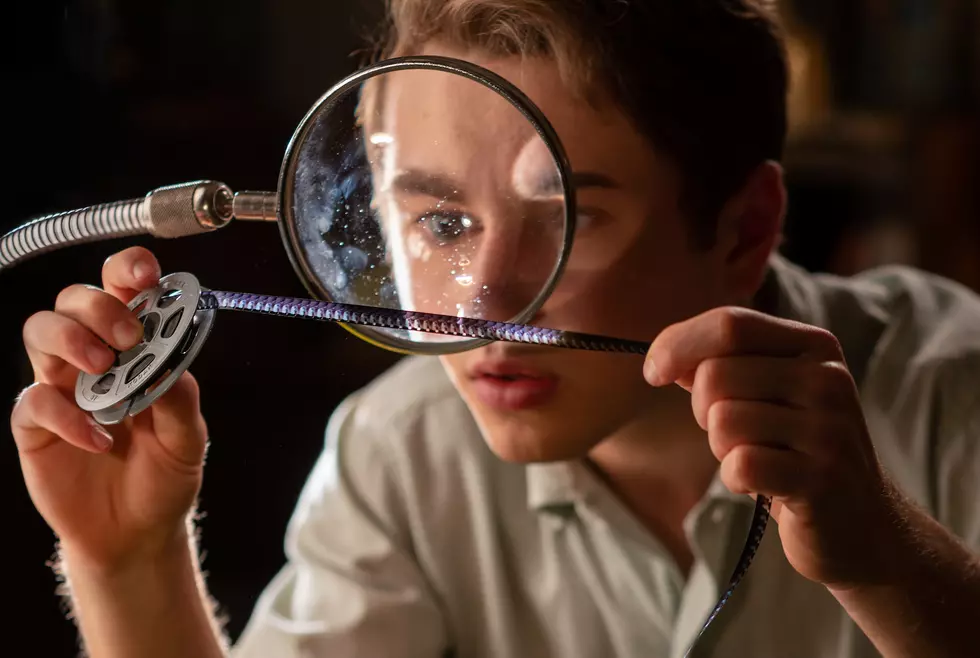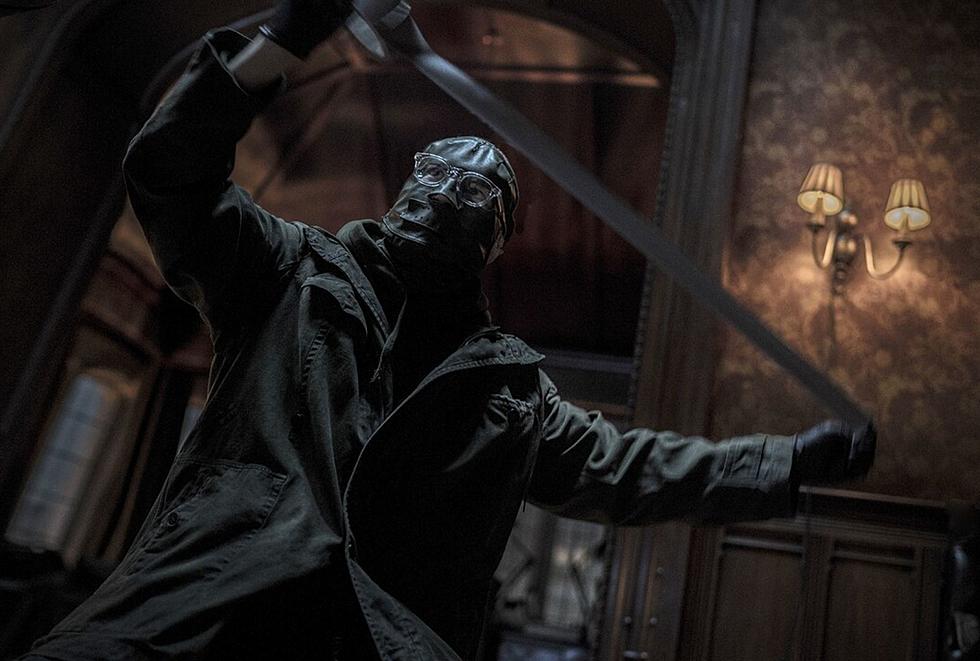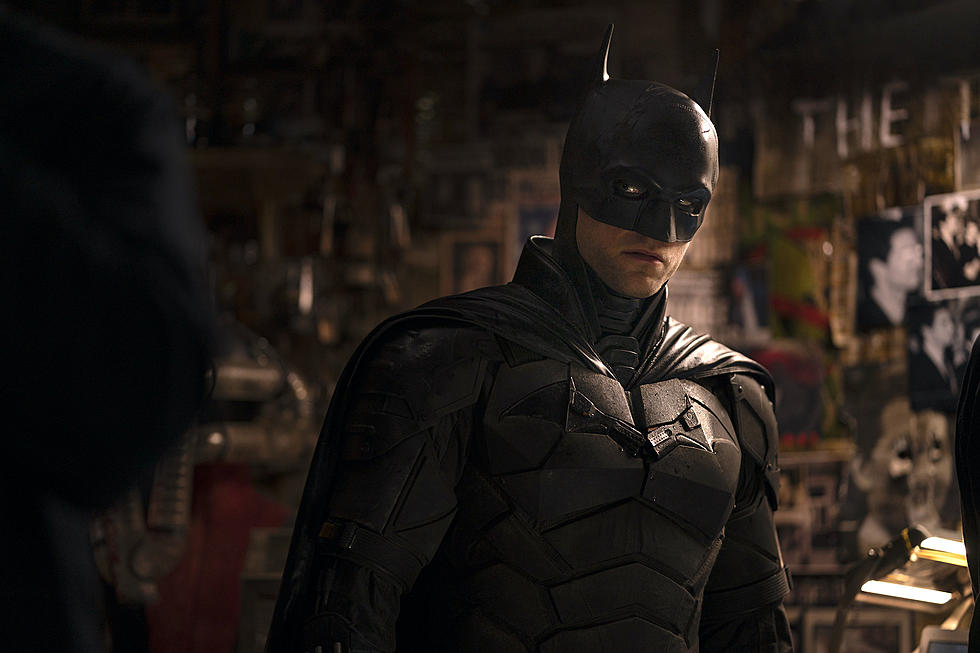
Reel Women: ‘Ruby Sparks’ and the Deconstruction of the Manic Pixie Dream Girl
Writer Calvin Weir-Fields (Paul Dano) has a severe case of writer's block until he dreams of his perfect girl and literally writes her into existence in 'Ruby Sparks,' the new film from 'Little Miss Sunshine' team Jonathan Dayton and Valerie Feris.
Ruby, played by Zoe Kazan -- who also wrote the script -- is the epitome of the Manic Pixie Dream Girl, but in this meta tale of romantic expectations, she also examines the ways in which the archetype is flawed.
'Ruby Sparks' will inevitably invite comparisons to '(500) Days of Summer' with the ways in which it examines expectations versus reality within a relationship, but where that film hinged on -- and even encouraged -- the idea of the Manic Pixie Dream Girl, its meaner moments never feel quite as earned as those within 'Ruby Sparks.'
Calvin is a writer whose first novel, written at the age of 19 when he was a high school dropout with few prospects, skyrocketed him to success. His fans and peers praise him as a genius, but 10 years later he hasn't written a second novel -- only short stories. Feeling pressured, Calvin endures a fit of writer's block, but when his psychiatrist (the always lovely Elliott Gould) asks him to write a story about a person who would accept his flawed pet dog Scotty just the way he is, Calvin dreams of a woman named Ruby and becomes infatuated with her. He can't tear himself away from his typewriter because it's the only way he feels as though he can spend time with her, and though he knows she's not real, he can't pry himself away from the fantasy of being with her.
That is, until one morning he wakes up and she's in his kitchen, cooking eggs for him. Ruby is, at first glance, the quintessential Manic Pixie Dream Girl. Flighty, quirky, colorfully dressed, and adorable, she is someone whom Calvin envisions as his idea of the perfect girl, and like all MPDGs, she is both unattainable and the projection of Calvin's specific desires. Unfortunately, she is a person -- tangible, with feelings and hopes of her own, though Calvin never pictured her that way. To him, this woman is little more than an object, a plaything, and often times a punching bag for him to work out his troubling issues. Those issues stem from resentment toward his mother, and his first -- and only -- girlfriend, Lila.
It's no surprise then that his mother shares similar personality traits with Ruby, and his ex has vaguely similar physical traits. This is the problem with the MPDG, and an issue the film does not so much embrace as it does illuminate. Men create the MPDG in film by idealizing their partner, disregarding her flawed and very human traits. '(500) Days of Summer' illustrates this with divisive precision, clearly delineating the moment in which Joseph Gordon-Levitt's character goes from being blissfully enamored to resenting his girlfriend, played by the ever-twee Zooey Deschanel.
And that's the problem: expectations breed resentment. When we place such heft expectations on our mates, we will inevitably have our hearts broken. But in 'Ruby Sparks,' Calvin can change that. With just a few taps on his typewriter, he can correct course. He can tell Ruby how to be, but he can't tell her who to be. If he tells her to speak in French, she will. She is, however, unaware that she is but a construct of Calvin's mind. Everyone he knows can see her and interact with her, and she is very real, but Calvin doesn't think of her that way because he made her. And the creator will only ever look upon his creation as an object. He may love that object and he may dote on it with good intentions, but the creation will always be just that.
'Ruby Sparks' relishes in deconstructing this idea, in pointing out the unreasonable nature of the MPDG and how destructive this ideal has become. Not only in film, but in reality, where, with fresh eyes, we pick the best parts of our new lovers -- the parts we want and need to feel fulfilled -- and focus on them, and even wish their better qualities into existence by ignoring their flaws. We want so badly for people to be who we want them to be that we completely disregard their human nature, and we find ourselves shocked when they do something that we feel is out of character for them -- but it's only out of character for the person whom we've constructed in our minds, the person that we want them to be.
The film illustrates this first with several simple ideas Calvin types out -- Ruby is happy, Ruby is miserable without Calvin -- but each one hilariously backfires. And Kazan plays each new iteration of Ruby with such heartbreaking beauty. But this is a slippery slope that culminates with a climactic, and surprisingly dark, third-act scene in which Calvin forces Ruby to "perform," using her in a way that feels almost abusive.
'Ruby Sparks' isn't just about deconstructing, though -- it's also about the creation of art and the ways in which we feel we must always perfect, rewrite, redo, and how we fear sending that creation out into the world. Once we do that, the product is finished and we have to let it go to exist on its own terms, to be appreciated or criticized by others. Calvin can't let Ruby go. He mustn't ever finish her -- or his book -- or else it's over and with it comes a sense of loss, the same as he felt when his father passed away. He knows that Ruby and his novel can never be complete until he sets them free.
More From ScreenCrush









